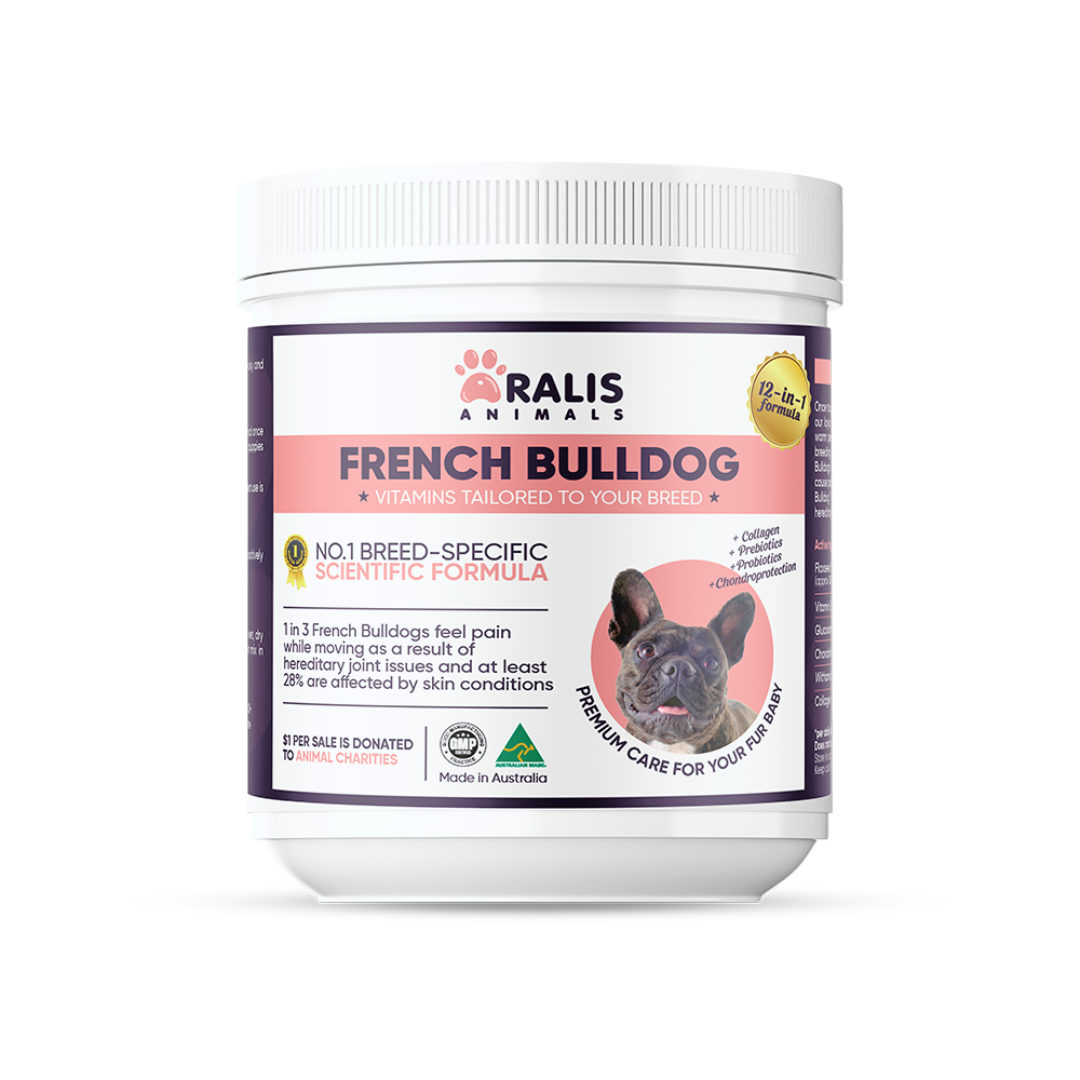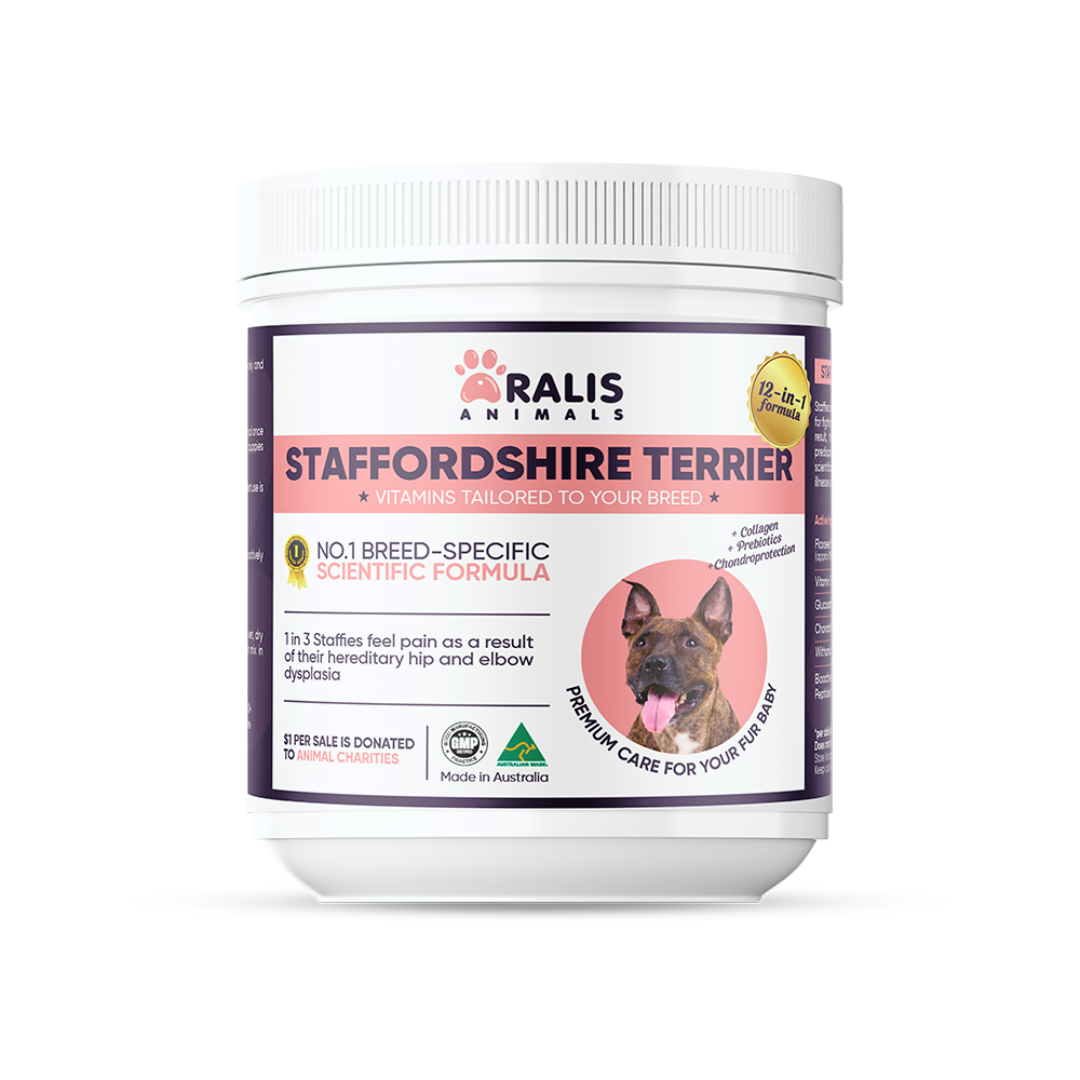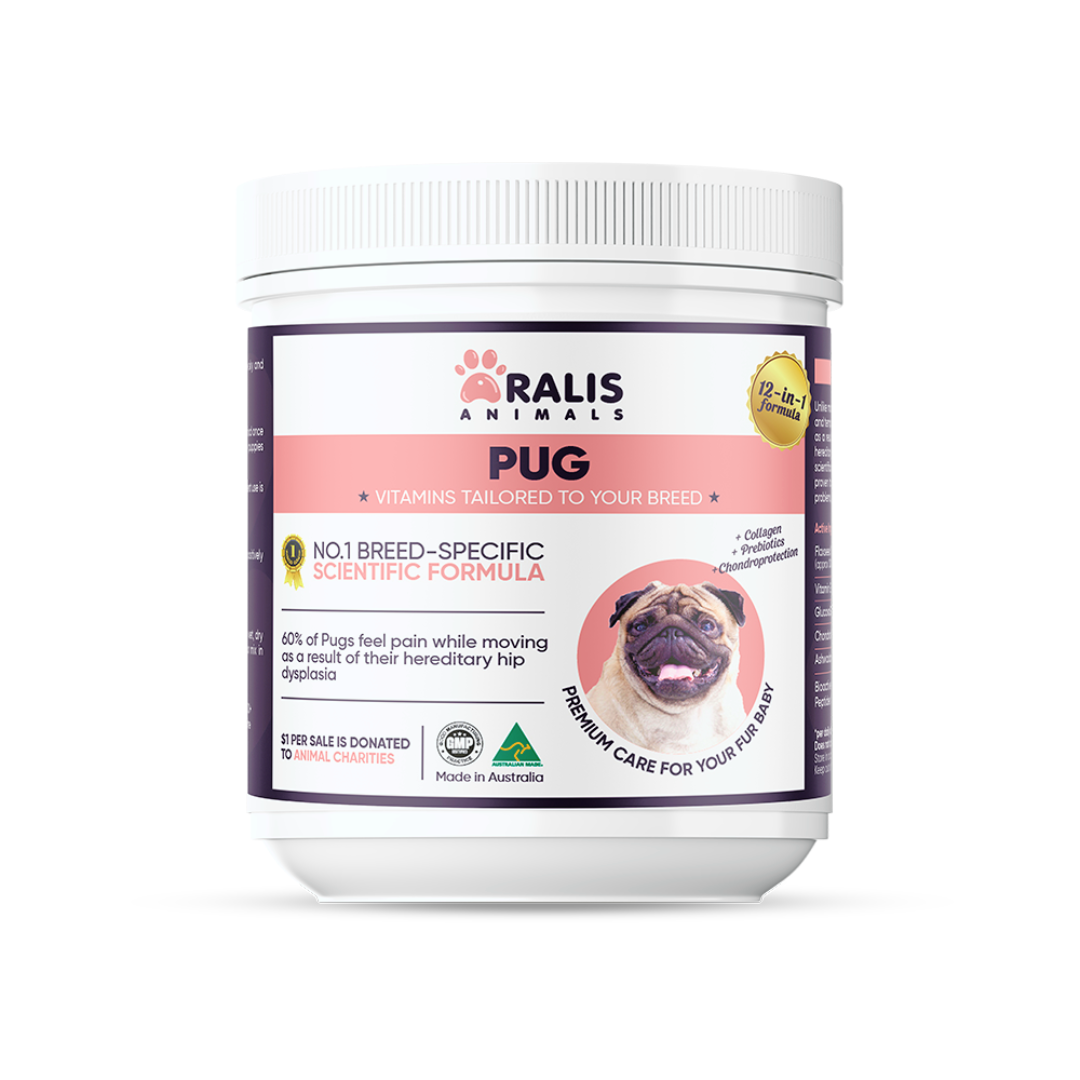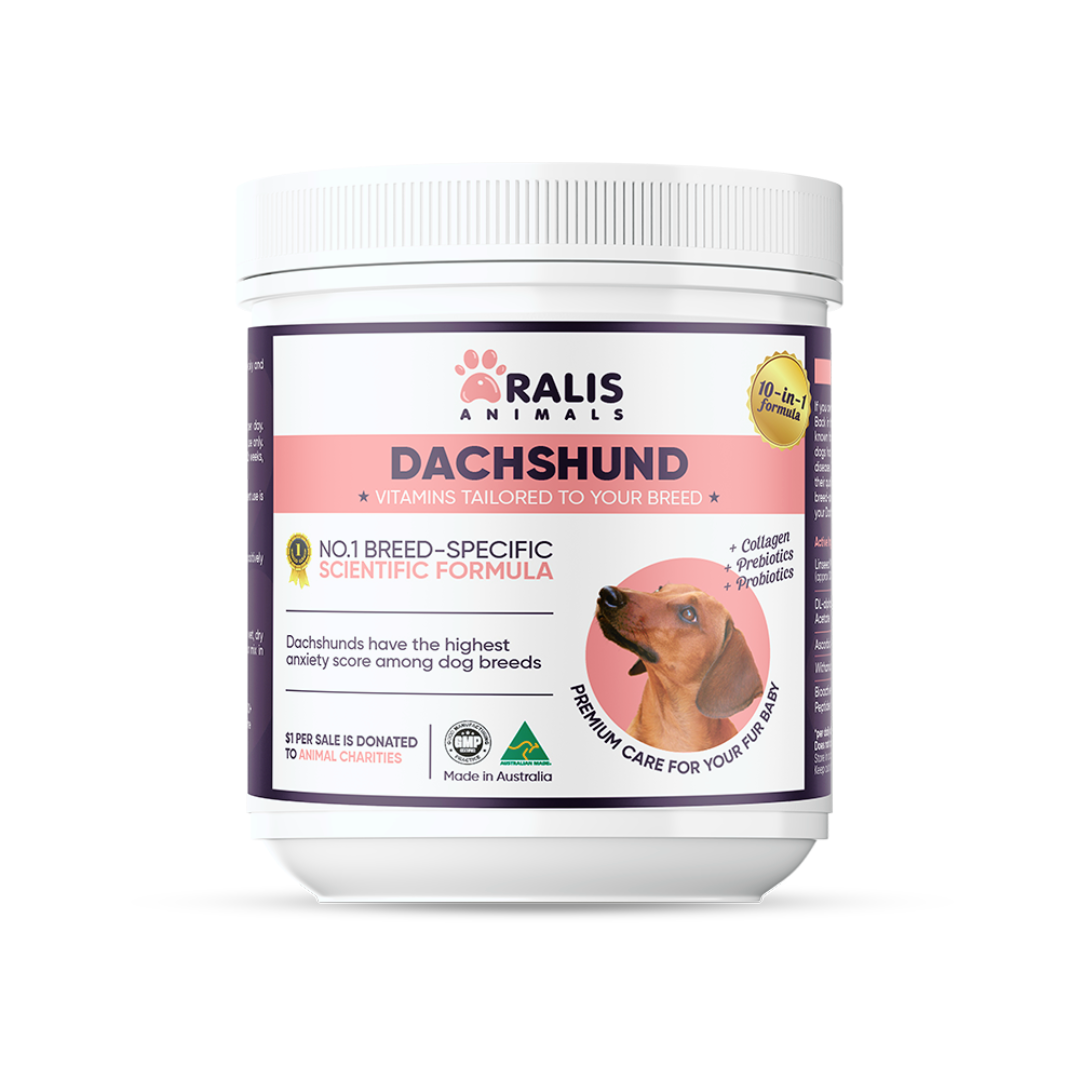Soothe the Itch: Effective Treatments for Dry, Itchy Skin in Dogs

As a devoted pet owner, you want nothing more than to see your furry companion happy and healthy. But when your dog starts scratching, licking, and chewing at their skin, it can be a frustrating and concerning situation. Dry, itchy skin in dogs is a common issue that can have various underlying causes, from allergies to environmental factors. Fortunately, there are effective home remedies and vet-recommended treatments to help alleviate your dog's discomfort and restore their skin's health.
Understanding the Causes of Dry, Itchy Skin in Dogs
Before we dive into the solutions, it's essential to understand the potential causes of your dog's dry, itchy skin. Some of the most common culprits include:
Allergies
Food allergies, environmental allergies (such as pollen or dust mites), and even seasonal allergies can all lead to skin irritation and itchiness in dogs. These allergies can cause the skin to become inflamed, dry, and prone to excessive scratching.
Dry Environment
Low humidity, harsh weather conditions, and even certain household cleaners can strip the natural oils from your dog's skin, leading to dryness and irritation.
Parasites
Fleas, mites, and other parasites can burrow into your dog's skin, causing intense itching and discomfort.
Underlying Medical Conditions
Conditions such as thyroid imbalances, hormonal disorders, and even certain skin infections can contribute to dry, itchy skin in dogs.
Poor Diet
A diet lacking in essential fatty acids, vitamins, and minerals can lead to skin problems, including dryness and itchiness.
Understanding the root cause of your dog's skin issues is the first step in finding the right solution. By addressing the underlying problem, you can provide your furry friend with the relief they need.
Home Remedies for Dry, Itchy Skin in Dogs
Before considering more intensive treatments, try these simple home remedies to soothe your dog's dry, itchy skin:
Oatmeal Baths
Colloidal oatmeal has natural anti-inflammatory and soothing properties that can help alleviate skin irritation. Run a lukewarm bath, add a cup of ground oatmeal, and let your dog soak for 10-15 minutes. Gently pat their skin dry afterwards.
Coconut Oil
The natural moisturizing and antimicrobial properties of coconut oil can work wonders for dry, itchy skin. Apply a small amount of organic, unrefined coconut oil directly to the affected areas, being careful not to let your dog lick it off.
Aloe Vera
The cooling and soothing effects of aloe vera can provide relief for irritated skin. Gently apply a thin layer of pure aloe vera gel to the affected areas, being mindful that your dog doesn't ingest it.
Omega-3 and Omega-6 Fatty Acids
Supplements rich in these essential fatty acids can help improve the overall health and condition of your dog's skin and coat. Look for fish oil or flaxseed oil supplements formulated for canine use.
Antihistamines
Over-the-counter antihistamines like Benadryl (diphenhydramine) can help reduce inflammation and itching in some cases. Always consult your veterinarian before administering any medication to your dog.
Avoid Irritants
Steer clear of harsh shampoos, detergents, and household cleaners that may further aggravate your dog's skin. Opt for gentle, fragrance-free products instead.
While these home remedies can provide some relief, it's essential to monitor your dog's progress and consult your veterinarian if the symptoms persist or worsen.
Veterinary Treatments for Dry, Itchy Skin in Dogs
If home remedies don't seem to be doing the trick, it's time to seek professional help. Your veterinarian can perform a thorough examination, identify the underlying cause, and recommend the most appropriate treatment plan. Some common veterinary treatments for dry, itchy skin in dogs include:
Medicated Shampoos and Conditioners
Your vet may prescribe specialized shampoos and conditioners containing ingredients like oatmeal, ceramides, or hydrocortisone to soothe and moisturize your dog's skin.
Topical Medications
Ointments, creams, or sprays containing anti-inflammatory agents, antibiotics, or antifungal properties may be recommended to address specific skin conditions.
Oral Medications
In some cases, your veterinarian may prescribe oral medications, such as antihistamines, corticosteroids, or immunosuppressants, to reduce inflammation and provide relief.
Dietary Supplements
If your dog's dry, itchy skin is related to a nutritional deficiency, your vet may recommend adding supplements rich in omega-3 and omega-6 fatty acids, vitamins, and minerals to their diet. Aralis Animals expertly crafted formulas are designed to nourish your dog's skin from the inside out, supporting long-term skin health. Explore the options here.
Allergy Testing and Immunotherapy
For dogs with suspected environmental or food allergies, your vet may recommend allergy testing and, if necessary, allergy shots or oral immunotherapy to desensitize your dog's immune system.
Addressing Underlying Conditions
If the dry, itchy skin is a symptom of an underlying medical condition, such as thyroid disease or a skin infection, your veterinarian will work to treat the root cause.
Remember, it's essential to follow your veterinarian's instructions carefully and complete any prescribed treatments to ensure the best possible outcome for your furry friend.
Preventing and Managing Dry, Itchy Skin in Dogs
In addition to treating the immediate issue, it's crucial to take proactive steps to prevent and manage your dog's dry, itchy skin in the long run. Here are some tips:
Maintain a Healthy Diet
Feed your dog a high-quality, balanced diet rich in essential fatty acids, vitamins, and minerals to support their skin and coat health.
Groom Regularly
Brush your dog's coat regularly to distribute natural oils and remove any dirt or debris that could irritate the skin.
Manage Environmental Factors
Use a humidifier, especially during dry, winter months, and avoid exposing your dog to harsh chemicals or irritants.
Monitor for Allergies
Pay attention to any patterns in your dog's skin issues, such as seasonal flare-ups, and work with your vet to identify and manage any underlying allergies.
Establish a Consistent Skincare Routine
Incorporate soothing, moisturizing products into your dog's grooming routine, such as gentle shampoos, conditioners, and leave-in treatments.
By addressing the root causes, implementing effective treatments, and maintaining a proactive approach to your dog's skin health, you can help your furry friend find relief and enjoy a happy, itch-free life.





